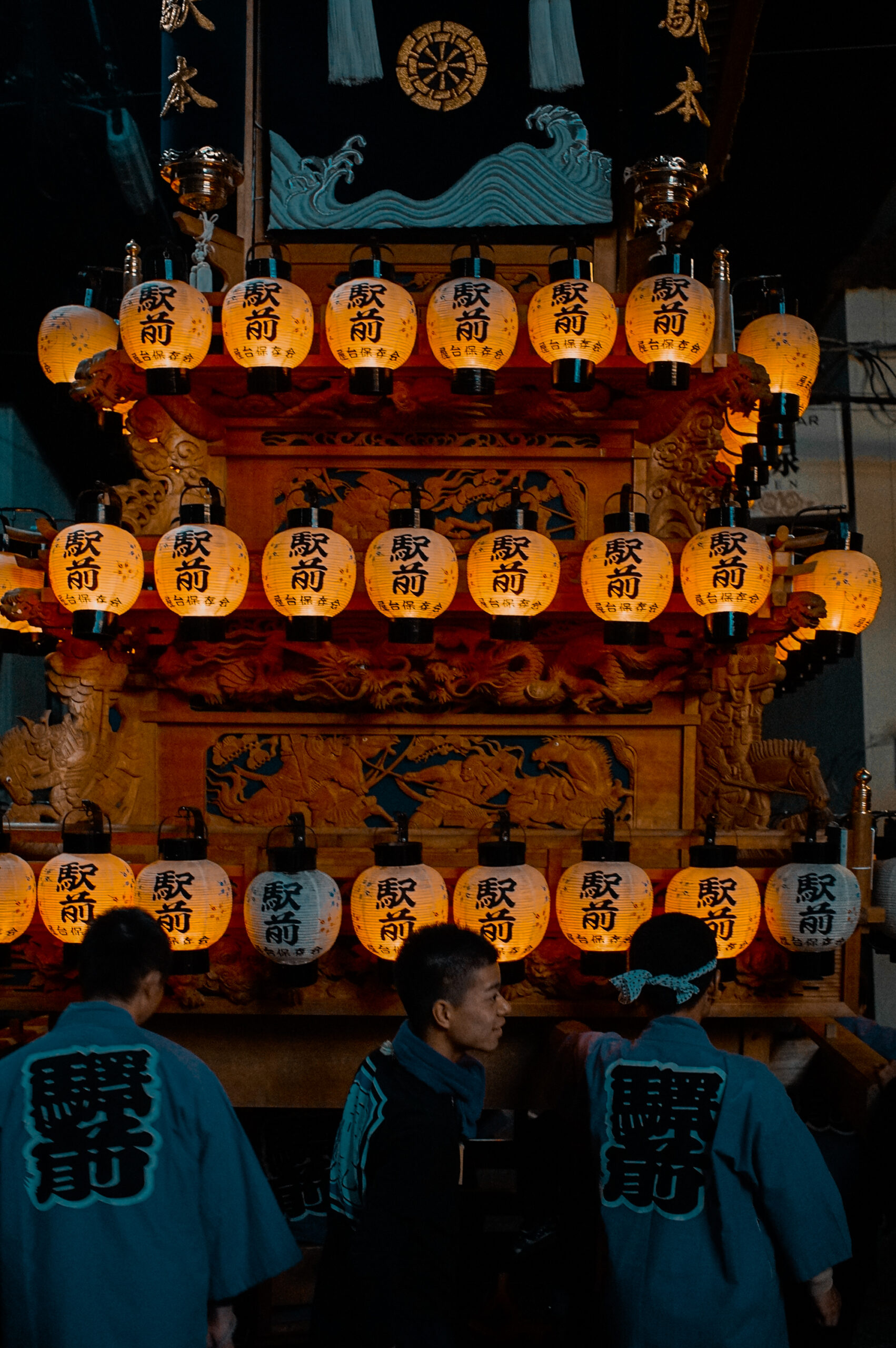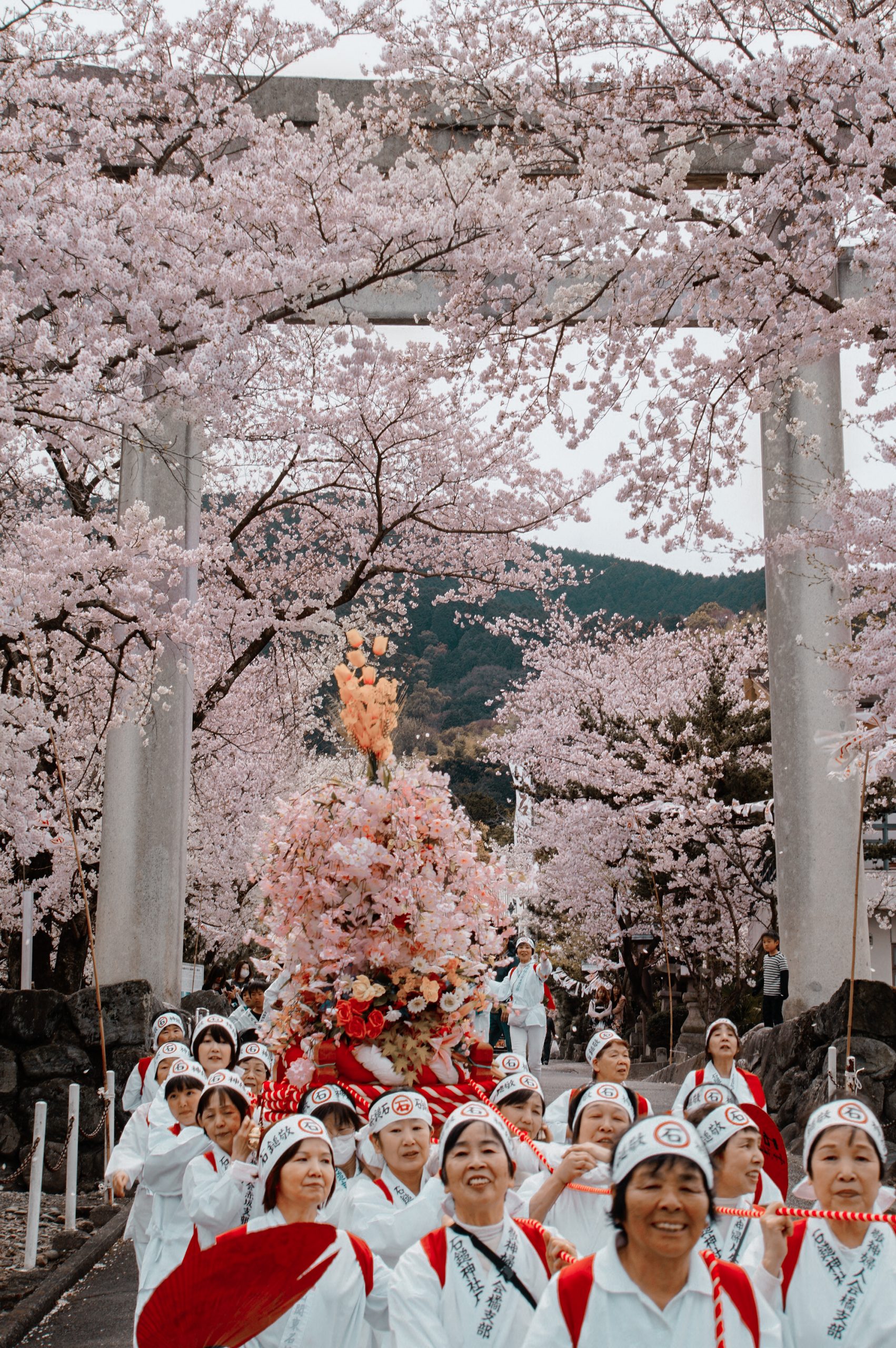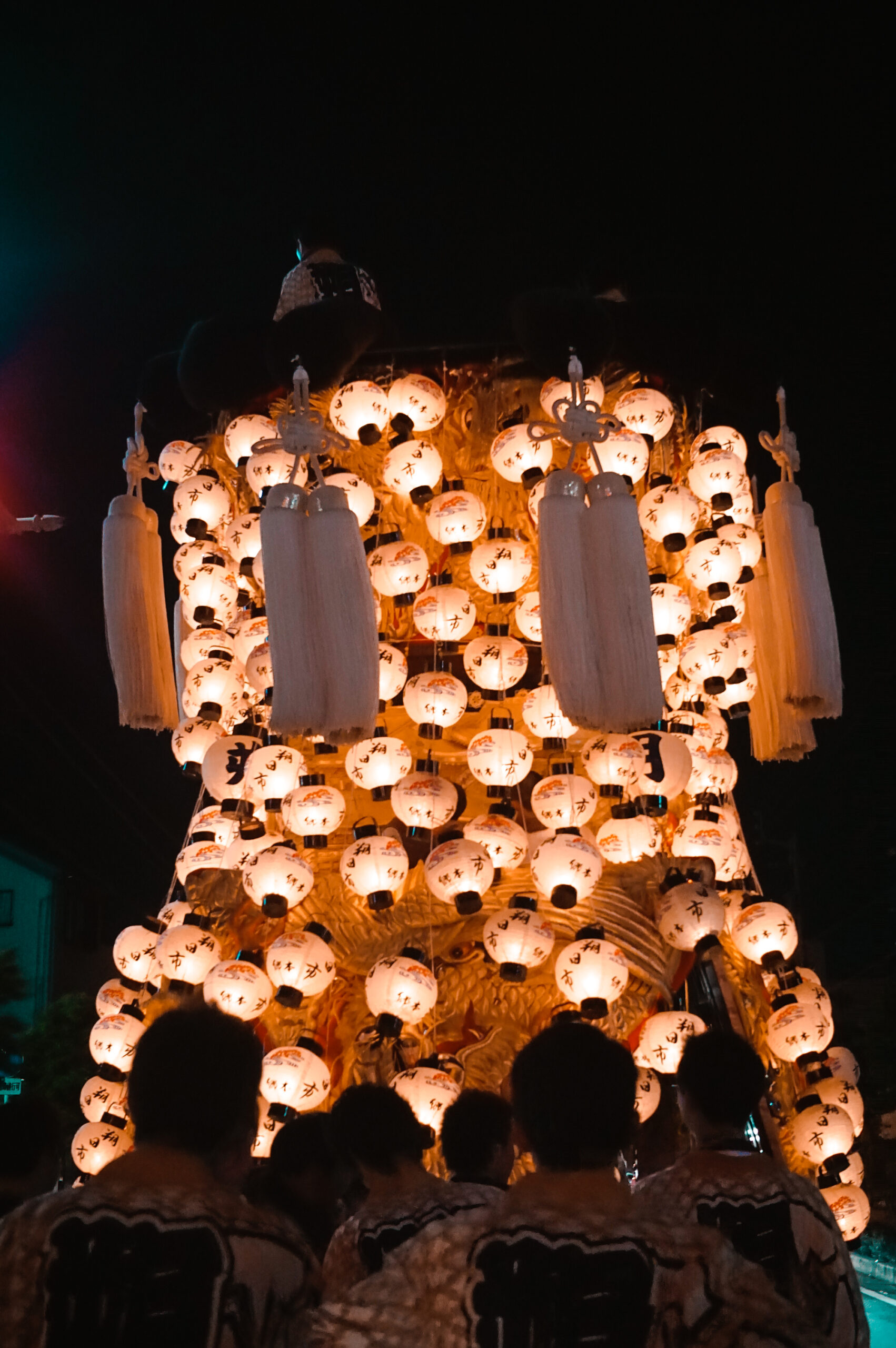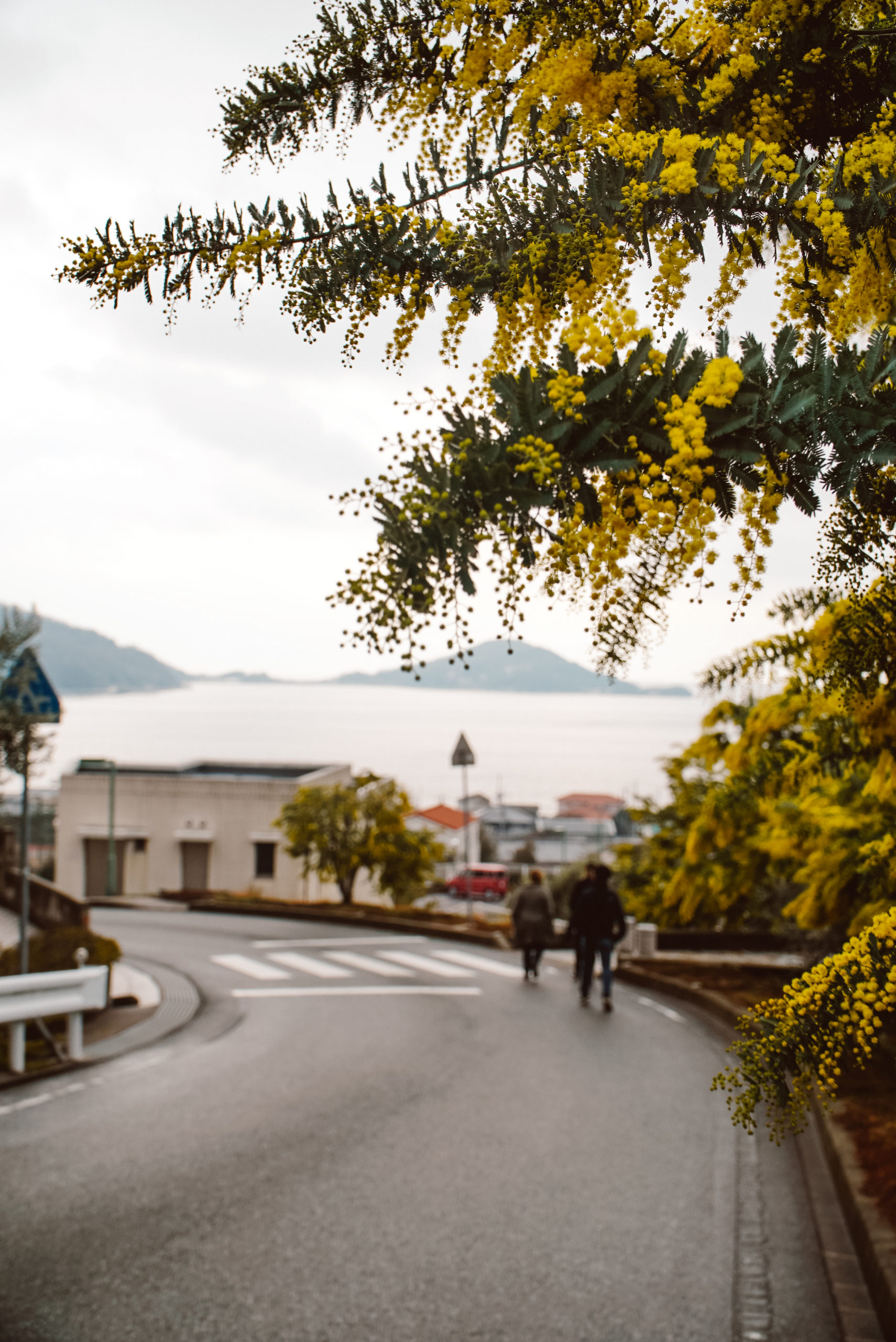











The JET Programme
Where teaching and travelling meet.
When I first moved half way across the world to teach in Japan through the JET Programme, I thought I had a good idea of what I was getting into. I researched the school and work culture, traditional practices they had which might have clashed with my own beliefs and values, and their social norms. Despite all the research, just as the program tells us, every teachers’ experience is unique.
Japan is often romanticized due to its unique culture and people. Though I see how that’s possible, my perspective of Japan is much more realistic after living there for two years. Just like any other society, they have amazing aspects and flaws. The latter shouldn’t discourage anyone from working or living there.
My time in this country was full of amazing relationships, cultural exchange, and the merits of small town living. I learned and grew so much in my two years there and making the decision to take part in the JET Programme is probably the best decision of my life.
In terms of my personal experience, going from Toronto to my small rural town of Saijo wasn’t actually much of a culture shock for me. I switched out long transit rides for short bike rides. I replaced shopping mall and movie theatres with hiking and temple runs. With one international restaurant (KFC), I quickly adapted to family run restaurants and farmers markets. Even the close knit community and slow country life weren’t a problem for me. In short, I loved it all.
The only real struggle I had with culture shock was with the serious lack of POCs (I was the only brown person in town) and some social norms that I couldn’t adjust to, even after living there for two years. Neither of these were rule breakers though, especially considering that I recontracted for a second year, but it did make living in Japan challenging at times.
The challenges and benefits of being an ALT varies across the board. I found that a lot of it came down to personality, your support structure at home and in Japan, and how thick skinned you can be. I don’t think JET is for everyone, so research and self-preparation is everything.
JET Programme Blog Posts
After being an ALT for two years, these are my thoughts on life in Japan and the JET Programme.










